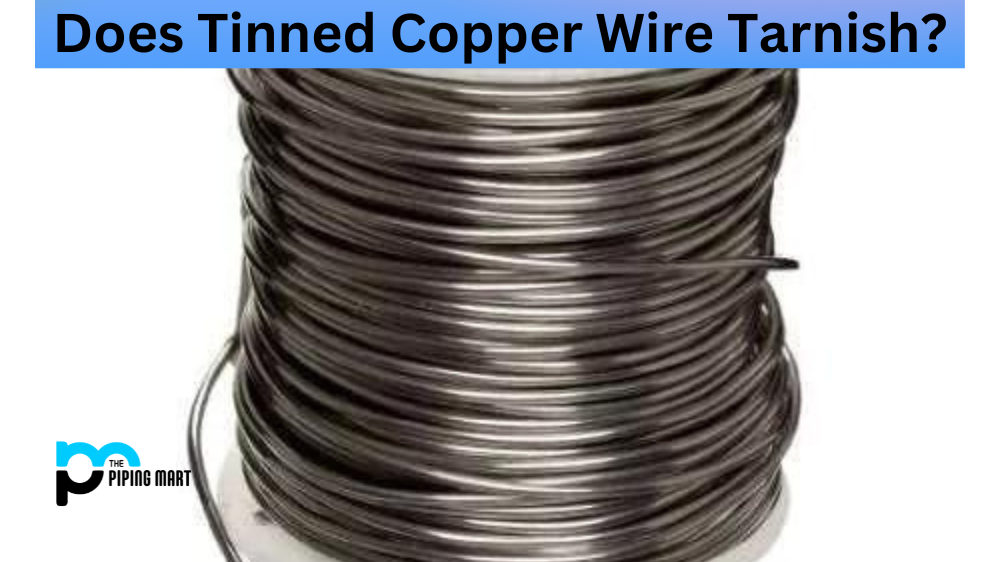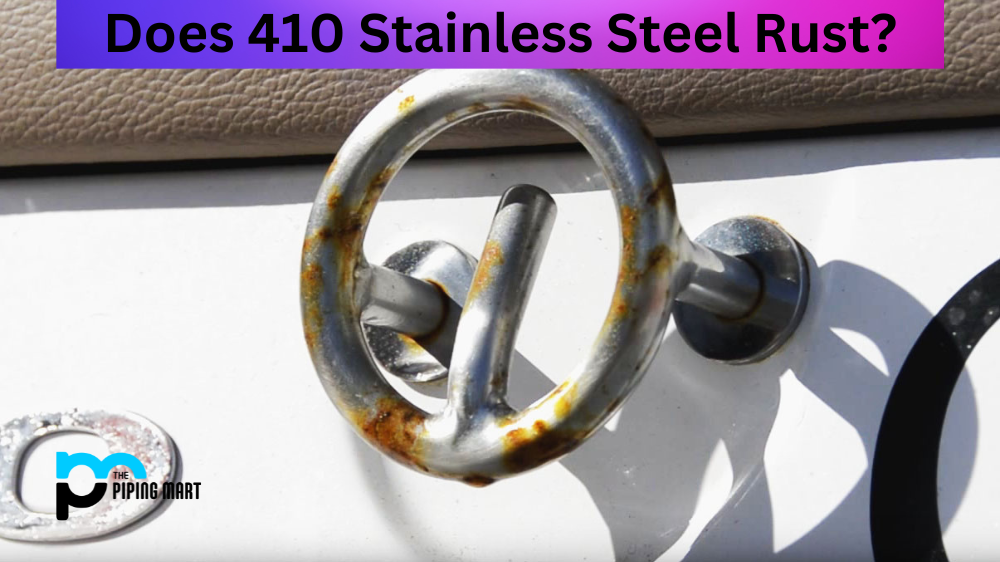Copper is a popular material for use in making electrical wiring and connectors. It is also a soft and malleable metal, which makes it susceptible to oxidation and corrosion. To combat these issues, copper wire can be tinned—that is, it can be coated with an additional layer of metal such as tin or nickel. But does this layer of metal protect the copper wire from tarnishing? Let’s take a look at what causes the copper wire to tarnish and how tinning affects it.
What Causes Copper Wire to Tarnish?
Tarnishing is a form of corrosion caused by oxygen reacting with the copper surface. This reaction produces a thin oxide coating that changes the color of the copper wire from its original shiny reddish-orange hue to an ugly green or black patina. The tarnishing process can be accelerated by other factors, such as humidity and contact with certain chemicals, but oxygen remains the primary culprit.
Does Tinning Prevent Tarnishing?
The short answer is yes! Tinning the copper wire creates a barrier between it and the environment that significantly reduces its rate of oxidation. This additional layer of protection helps keep your copper wiring looking new for much longer than if you had left it uncoated. In addition, some types of tinning are more resistant to heat than bare copper wire, making them ideal for use in high-temperature environments like motors or transformers.
Conclusion:
Tinning your copper wire is an effective way to prevent it from tarnishing over time. By creating a barrier between the environment and your wire, you can keep your wiring looking new even after years of exposure to moisture and other corrosive elements. When choosing tinned copper wire for your project, make sure you select one that meets all relevant safety standards in order to ensure optimal performance over time!
Sakshee is a talented blogger, with a particular focus on the Business and Metal Industry. She is passionate about sharing her insights on various metal products and helping professionals to make a better decisions.




